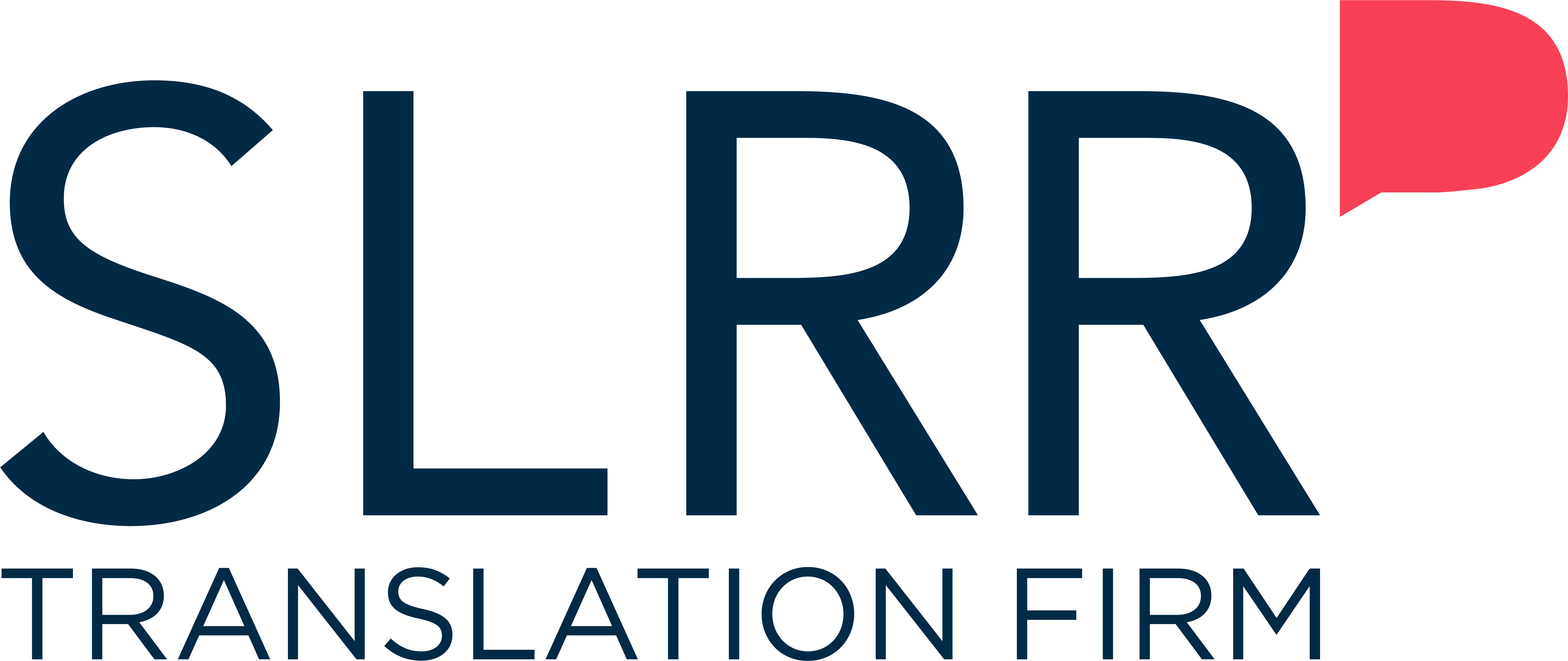
What does a technical translator eat in the winter? What is their preferred habitat? What distinguishes them from other species of translators? Read this article to find out!
What is technical translation?
First of all, as we’ve explained in a previous article, the term “technical translation” may have two possible meanings: 1) any translation in a specialized field other than literary translation (which may include legal translation, administrative, financial, etc.), or 2) the translation of texts in strictly technical fields, such as engineering, IT, etc. In this article, we will define “specialized translator” as a professional who translates texts that correspond to the second definition.
What skills and qualities should a technical translator possess?
As a technical translator is first and foremost a professional translator, they should possess the following 7 essential qualities:
Education in translation
Mastery of the working languages
Good general knowledge
Specialized knowledge
Rigour and concentration
Punctuality
Concern for the client
As you’ve probably guessed, the fourth point (specialized knowledge) is particularly important for the technical translator. Indeed, they should be quite familiar with the technical field in which they translate to understand the basic concepts and terminology. While they don’t necessarily have to be a leading expert in the field, they should still know a little more about it than the average person.
How does one become a specialized translator?
First, you need to receive university-level training to learn the basics of translation. Sometimes, a translator has already received a college diploma or a university degree in a technical field before turning to translation. This previous training may prove very useful and allow the technical translator to quickly specialize in the field in question, if they wish. Otherwise, the novice translator will instead seek to test their skills in different fields before deciding whether technical translation is for them. If so, they will then have to choose their area(s) of specialization according to their strengths and their personal interests.
What does a technical translator need to do their job well?
No matter how you become a specialized translator, it’s important to have the right tools to offer your clients accurate and idiomatic translations. One of the biggest challenges of technical translation is the terminology, which is constantly and sometimes very quickly evolving. The technical translator must therefore outfit themselves with specialized books and glossaries for their area(s) of specialization. They must also be familiar with effective online research techniques. But above all, they must have a deep curiosity and regularly read texts related to their chosen technical field, such as websites, magazine articles, books, etc. That way, the technical translator can stay on top of the news, which is especially important these days, when technical fields are evolving at sometimes breakneck speed!
The SLRR Translation Agency team includes qualified technical translators who are passionate about their work. Don’t hesitate to rely on them!




